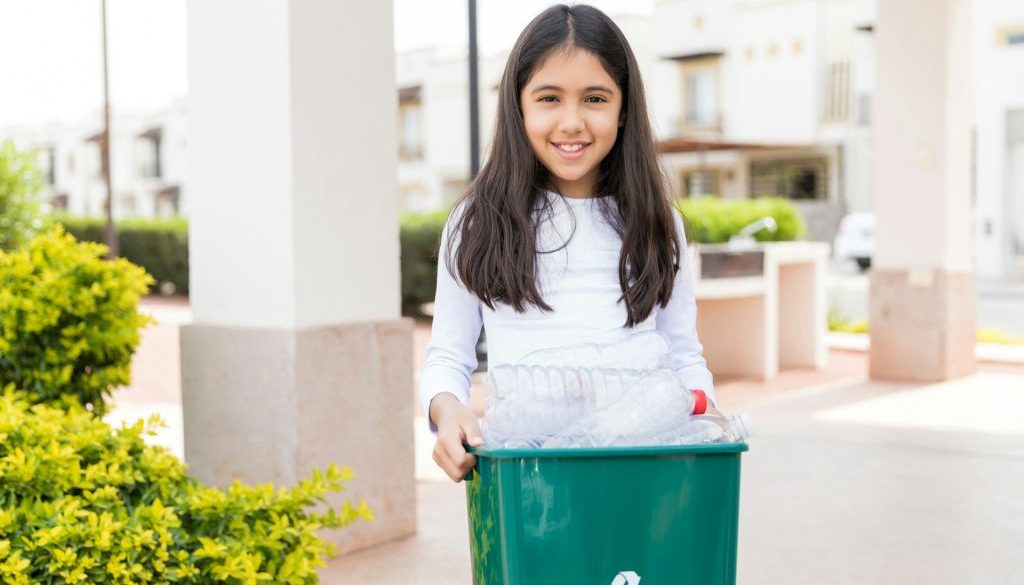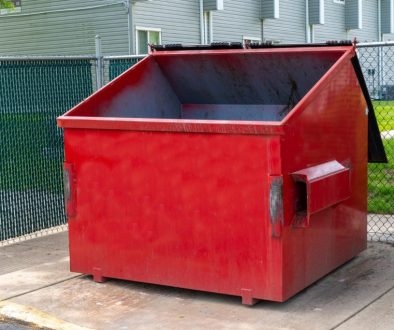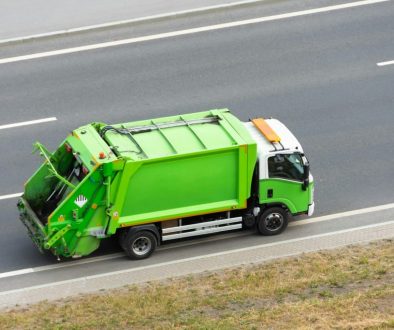Recycling doesn’t have to be a chore, even for the busiest families. By integrating simple routines and making it a collective effort, you can turn recycling into a positive and fulfilling activity for everyone in the home. The key is to make it fun and rewarding—that way, it becomes a part of daily life rather than an additional task.
With these tips, busy families can master recycling without feeling overwhelmed.
Make Recycling a Family Activity
Getting the whole family involved in recycling can transform it from a mundane task into a fun and collaborative effort. Start by assigning specific recycling responsibilities to each family member. This way, everyone knows their role, whether it’s sorting paper from plastics or rinsing out containers. Assigning tasks helps distribute the workload evenly, encouraging every family member to participate and understand their impact on the environment.
Consider creating a reward system to motivate participation. For example, set weekly recycling goals and offer rewards when they are met. These could be simple incentives like a favourite treat or choosing a family activity for the weekend. Such rewards add an engaging element to recycling and keep enthusiasm high.
Planning dedicated recycling days can also make the experience enjoyable. Turn these days into little celebrations with themes or games that revolve around sorting and collecting recyclables. You can organise competitions to see who can sort the most recyclables the fastest, making the process both competitive and fun. Integrating recycling into your routine becomes a shared responsibility that the whole family enjoys.
Create Simple Home Recycling Systems
A well-organised recycling system at home simplifies the sorting process and encourages consistent participation. Start by setting up designated bins for different types of waste, such as paper, plastic, glass, and metal. Place these bins in convenient locations, such as the kitchen or garage, where waste accumulates. This makes it easy to sort rubbish immediately and reduces the chances of recyclables ending up in the wrong place.
Labelling bins with clear and colourful signs provides visual cues that aid in correct sorting. Using different colours for each type of recyclable material helps family members distinguish what goes where at a glance. Labels can benefit young children learning about recycling, making the system more intuitive.
Keep a specific area in your home reserved for recyclables so everyone knows where to deposit their sorted items. This designated space prevents clutter and keeps recyclables separate from non-recyclable waste. Having a well-defined system within your home eliminates confusion and makes recycling an effortless part of everyday life.
Efficiently Manage Time and Effort
Efficient recycling management is essential for busy families. Batching your recycling efforts can significantly save time. Instead of sorting items daily, choose a few days each week to handle sorting and disposal. This approach reduces the frequency of dealing with recyclables and streamlines the process.
To further reduce household waste volume, consider implementing simple strategies. Start by buying products with minimal packaging, and opt for reusable items instead of disposable ones. Composting food waste is another excellent way to cut down on what ends up in your rubbish bin. Encourage the family to be mindful of what gets tossed and make small adjustments that collectively make a big difference.
Technology can play a crucial role in staying organised. Use apps designed to help track recycling schedules and set reminders for collection days. These tools can keep everyone on track and ensure nothing is missed. With these practices, managing recycling becomes less of a hassle and more of a routine part of family life.
Community Resources and Programmes
Communities offer various resources and programmes to aid with recycling efforts. Begin by exploring local recycling facilities and collection services that handle different types of waste, including unique items like electronics or hazardous materials. Familiarising yourself with these services can help you make the most out of your recycling routine.
Participating in community recycling events and drives is another great way to get involved. These events often focus on collecting difficult-to-recycle items, making them a convenient option for responsible disposal. Engagement in such events strengthens community ties and heightens awareness about sustainable practices.
Safely disposing of hazardous materials and e-waste requires careful attention. Special drop-off points or organised collection days can help you manage items that cannot go into standard recycling bins. Ensuring hazardous waste is disposed of correctly protects the environment and keeps your neighbourhood safe, furthering a collective move towards sustainable living.
Conclusion
Recycling can become a hassle-free and rewarding part of everyday life with little organising and family involvement. Families can effectively manage waste without feeling overwhelmed by following simple tips and utilising community resources. Making recycling fun, efficient, and systematic ensures it seamlessly fits into your lifestyle.
Engaging with local facilities and taking advantage of programmes enhances the impact of your efforts, not just at home but within the entire community. Being mindful of hazardous waste and its disposal also plays a key role in protecting the environment and fostering a more sustainable future.
For families looking to streamline their waste management further, Enviro Skip Hire offers comprehensive solutions tailored to your needs. Our skip hire services in Staffordshire ensure that waste is handled responsibly and efficiently, making recycling an easy and impactful part of your routine. Visit our website to learn more and make a meaningful change in your recycling habits.




